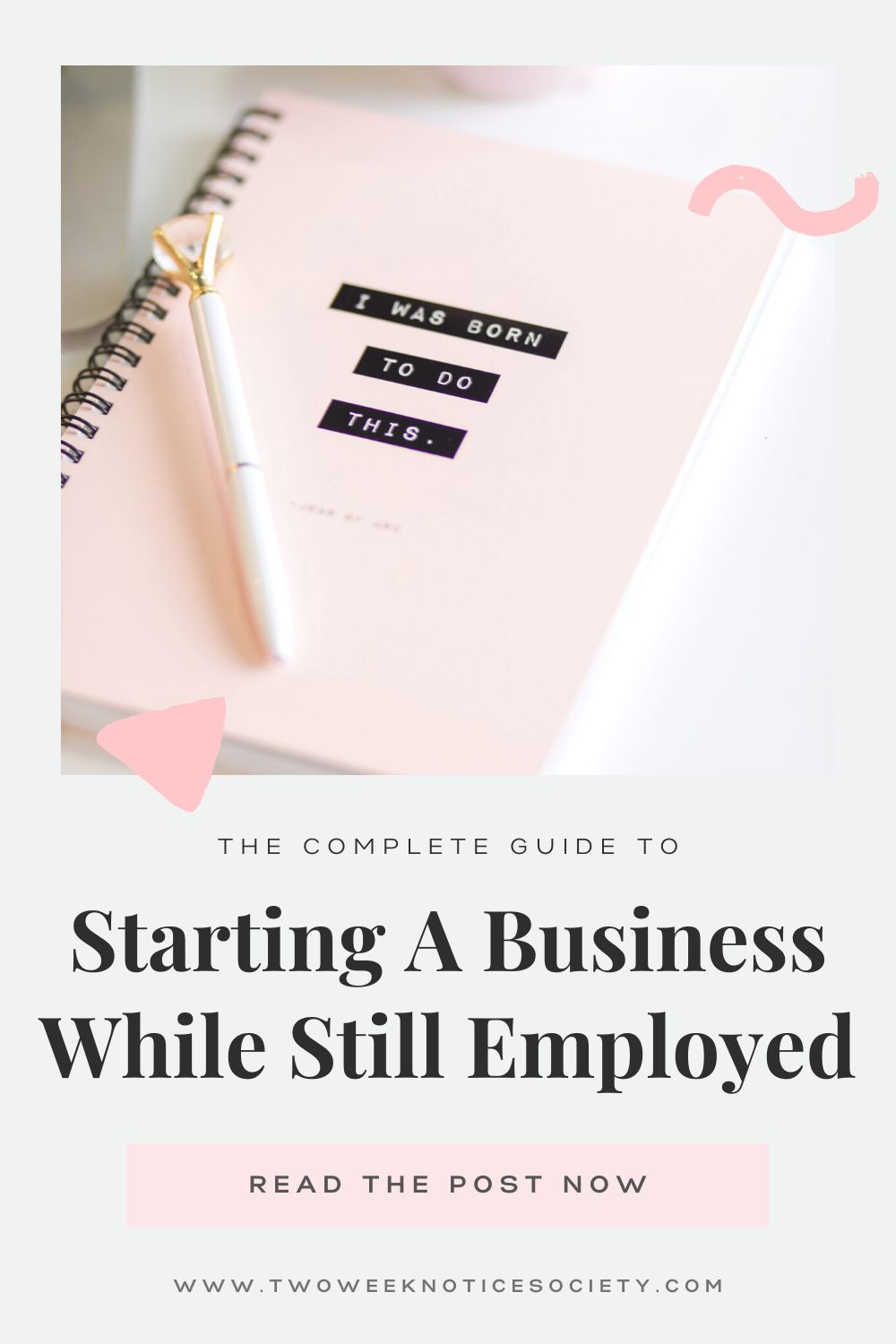
How to Start a Business While Employed
Starting a business can be an exciting prospect. However, quitting your job and giving up your paycheck can pose challenges. So, how can you pursue your entrepreneurial dreams while still employed? The answer lies in a hybrid approach to entrepreneurship.
Take Bob Parsons, the founder of GoDaddy Hosting, for example. He started his business while still working his day job. And he’s not alone. According to a study by the Academy of Management, entrepreneurs who start their businesses while employed have a lower risk of failure compared to those who dive in without the safety net of employment.
Organizing your time is crucial. Balancing your full-time job with your business requires effective time management. Make use of your dead time, such as lunch breaks or commute time, to work on your business tasks. Set small, achievable goals and prioritize your commitments.
Before launching your business, test your ideas thoroughly. Determine if your product or service solves a pain point, identify your target audience, and test your idea in the real world. Create prototypes, interview your target audience, and conduct surveys to validate your concept.
Be cautious not to cross the line with your current employer. Make sure your startup is not a copy of your existing organization and avoid using company resources for your business. Maintain compliance with any non-disclosure or employment agreements you’ve signed. Consider negotiating freelance work with your employer to free up time for your business.
Register your business with the IRS only when necessary. You don’t need to rush into registration unless your business meets certain criteria. Focus on building your business first before grappling with unnecessary paperwork.
Consider finding a co-founder who complements your skills and shares your vision. A compatible co-founder can enhance your company’s competencies and provide valuable feedback. However, ensure you have a solid agreement in place to protect both parties’ interests.
Networking with other entrepreneurs is essential. Surrounding yourself with a supportive community can provide emotional support and valuable insights. Join relevant business groups, seek mentorship, and learn from experienced entrepreneurs.
In conclusion, you don’t have to quit your job to start a business. By carefully managing your time, testing your ideas, maintaining professional boundaries, and seeking support, you can build your business while employed. Take small steps towards your dreams, and don’t be afraid to get started.
Hello!
I’m Andrew Brooks, a seasoned finance consultant from the USA and the mind behind phonenumber247.com.
My career is built on a foundation of helping individuals and businesses thrive financially in an ever-changing economic landscape. At phonenumber247.com, my aim is to demystify the complex world of finance, providing clear, actionable advice that can help you navigate your financial journey with confidence. Whether it’s personal finance management, investment strategies, or understanding the nuances of market dynamics, I’m here to share insights and tools that can propel you towards your financial goals.
Welcome to my digital space, where every piece of advice is a step closer to financial clarity and success!
